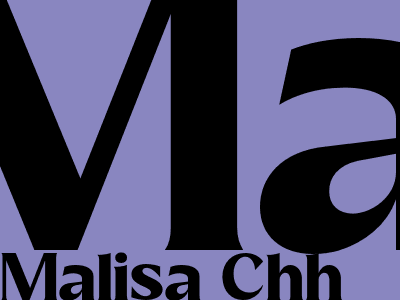
The Ultimate Comprehensive SEO Guide for Blogs
Boost Your Website's Visibility and Rankings
In today's digital world, every business, brand, or individual relies on a strong online presence to connect with their target audience. One of the most effective ways to achieve this is through SEO (Search Engine Optimization). By optimizing your blog for search engines, you can improve your visibility, attract more traffic, and increase your chances of ranking higher in search results.
This comprehensive guide will provide you with everything you need to know about SEO for blogs. We'll cover everything from keyword research to link building, helping you optimize your blog and boost your search engine rankings.
1. Keyword Research: The Foundation of SEO
Keyword research is the process of identifying the keywords and phrases that your target audience is searching for online. By understanding these keywords, you can optimize your blog content, making it more likely to appear in search results.
There are many different keyword research tools available, such as Google Keyword Planner and SEMrush. These tools can help you identify relevant keywords, their search volume, and competition level.
2. Content Optimization: Creating High-Quality Content
Once you have identified your target keywords, you need to start creating high-quality content that is optimized for search engines. This means creating content that is relevant, informative, and engaging.
When creating content, be sure to include your target keywords throughout the text, but avoid keyword stuffing. Keyword stuffing is the practice of using keywords excessively in an unnatural way, which can actually hurt your rankings.
3. On-Page Optimization: Technical SEO for Your Blog
On-page optimization refers to the technical aspects of your blog that you can control to improve your search engine rankings. This includes optimizing your page titles, meta descriptions, header tags, and image alt tags.
Your page title is one of the most important elements of on-page optimization. It should be concise, descriptive, and include your target keyword.
4. Link Building: Building Authority and Trust
Link building is the process of getting other websites to link to your blog. Backlinks are a powerful ranking factor, and they can help to improve your authority and credibility in the eyes of search engines.
There are many different ways to build backlinks, such as guest blogging, directory submissions, and social media outreach.